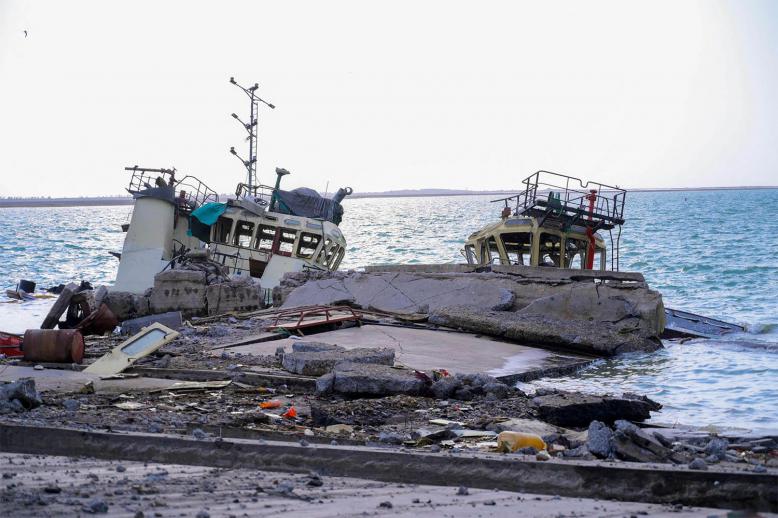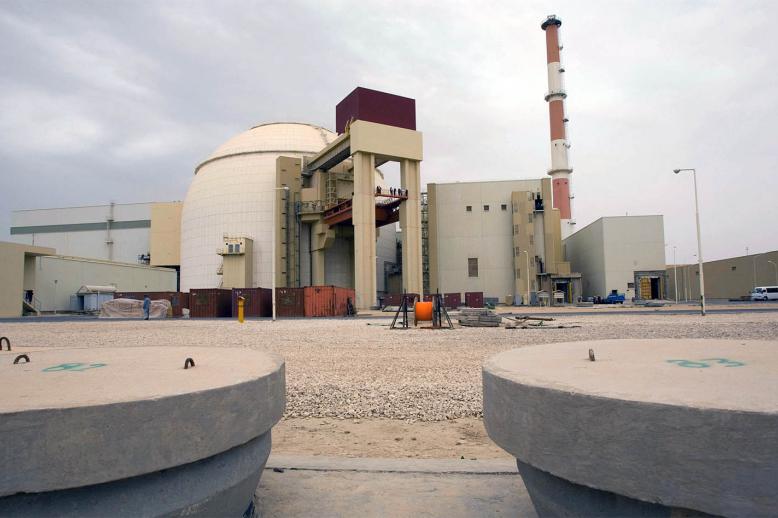Fettah emphasises Morocco's resilience in dealing with quake effects
MARRAKECH - Minister of Economy and Finance, Nadia Fettah, highlighted on Monday in Marrakech Morocco's strong resilience and mobilization, under the leadership of HM King Mohammed VI, to cope with the effects of the Al Haouz earthquake.
Speaking during a debate moderated by Managing Director of the International Monetary Fund (IMF), Kristalina Georgieva, as part of the Annual Meetings of the IMF and the World Bank (WB), Fettah affirmed that Morocco had succeeded in recovering from this "tragedy", thanks to optimal mobilization of all stakeholders.
"Bringing the necessary aid to the stricken population was the top priority", she stressed, welcoming the return to school of children in the affected regions a week after the earthquake.
"Today, it's all about rebuilding better, building to move forward," the Minister stressed, noting that "when we are faced with a crisis, we reinvent ourselves for a better future, especially for the youngest."
During the discussion, Fettah also highlighted the major reforms undertaken by the Kingdom, noting that "education remains a priority even in the management of this crisis."
In addition to reforms, Morocco has introduced new sectoral economic strategies, she added, citing industry, agriculture, renewable energies and logistics as examples. These strategies "enable our economy to bounce back and attract more foreign investors," said Fettah.
Despite the effects of the earthquake, "we remain very attentive to the solidity of macroeconomic fundamentals and the prudent use of budgetary rules" to preserve balances and maintain this virtuous development dynamic, she added.
Morocco’s family law
Fettah highlighted Morocco’s early reforms particularly the progressive amendment of the Mudawana or the Moroccan family law in 2004 which marked a turning point for Moroccan women by bolstering women's their rights in areas like marriage, divorce and inheritance.
“King Mohammed VI’s visionary leadership set the stage for gender parity. This revolutionary step not only reshaped the Moroccan legal landscape but also its societal fabric underscoring the significance of empowering women,” she said at the opening of the “Africa Inspired” conversation that saw the participation of successful female African entrepreneurs.
Fettah said that the king’s vision has paved the way for a groundbreaking reform with an upcoming project that is promising a new generation of rights for women.
“To highlight some achievements our national fabric boasted of six women ministers, almost 100 female parliamentarians and four major institutions led by women…in Morocco,” she said.
“Women are integral contributors in various governmental and non-governmental capacities. These milestones result from our comprehensive approach, beginning with our 2011 new constitution ensuring gender equality,” she noted.
The minister said that Morocco has prioritised gender equality for a sustainable development, a cornerstone for ensuring women in great autonomy and participation in the country’s progress.





